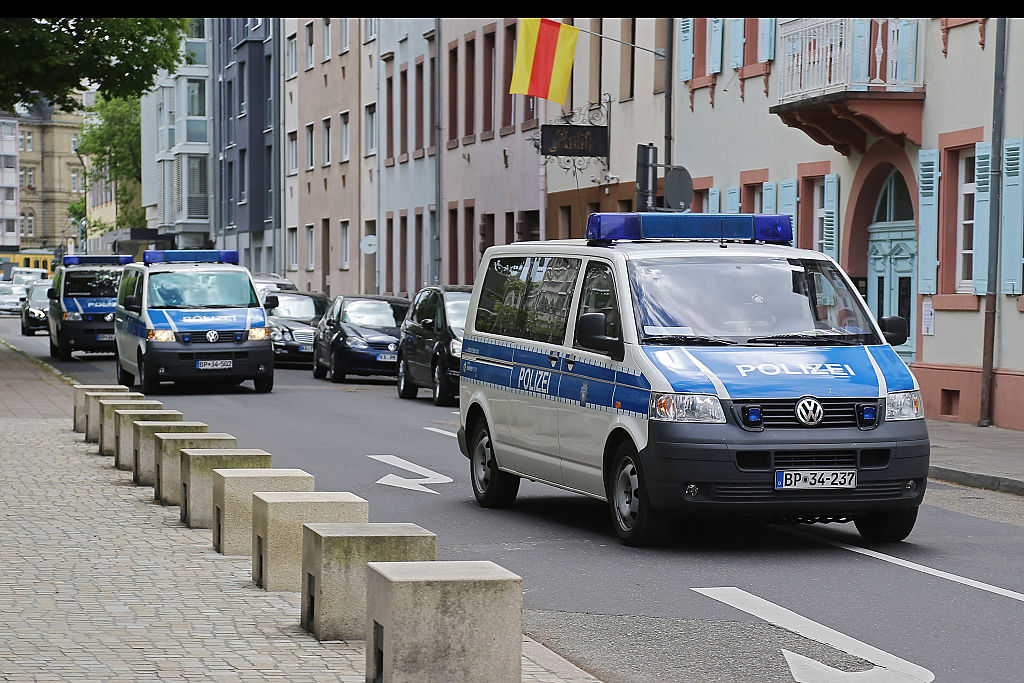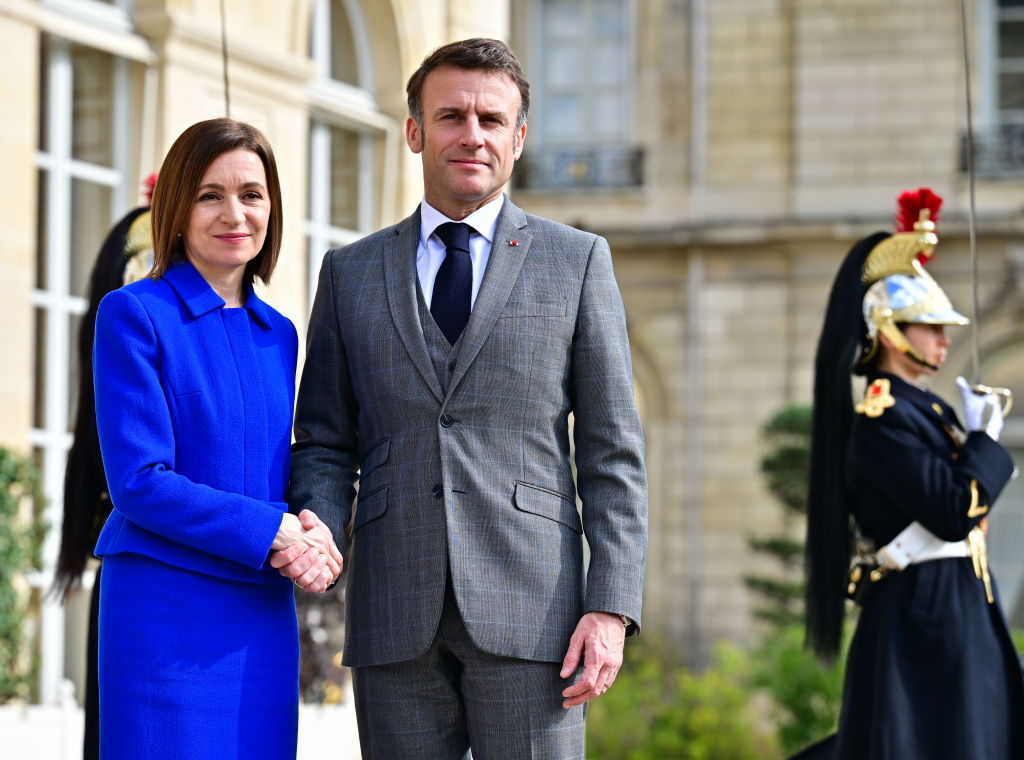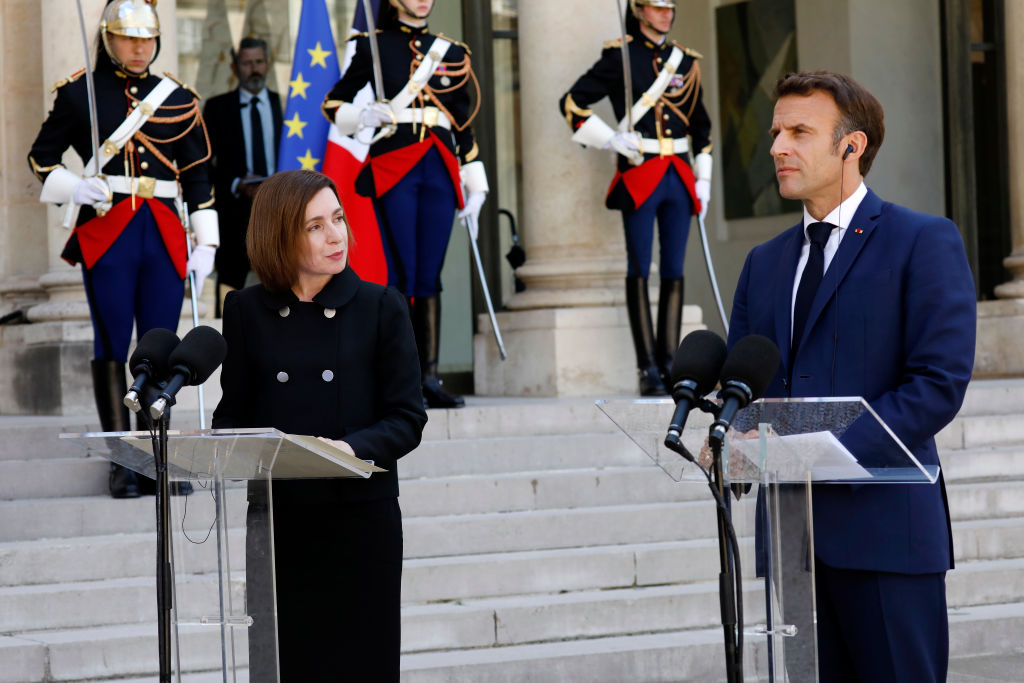France tested Artificial Intelligence-driven video surveillance technology that will be deployed during the forthcoming Olympic Games at a concert by English electro-pop band Depeche Mode.
French officials described the exercise as a success.
On March 5, Brussels Signal reported that the opening ceremony for the 2024 Paris Olympics will be invite-only – to combat the possible threat of terrorism – according to the French Government.
French legislation passed in 2023 permits the use of AI video surveillance for a trial period covering the Games to detect abnormal events or human behaviour at large-scale events.
The technology could be pivotal to thwarting an attack such as the bombing at the 1996 Olympics in Atlanta or the Nice truck attack in 2016, officials say.
Rights campaigners warn the technology poses a threat to civil liberties.
As Brussels Signal reported, officials had initially hoped to make the event freely available to all-comers, from tourists to local Parisians, with the total number of attendees having originally been expected to surpass 1 million.
French interior minister Gérald Darmanin dashed such hopes, telling the French Senate Law Committee on March 5 that the event will now be strictly ticketed, with the total number of those attending limited to 326,000.
While the lion’s share of these tickets will remain free of charge, they will only be made available to people invited to attend by the French State, other public authorities or the Paris 2024 Organising Committee.
“For security reasons that everyone understands, notably the terrorist threat of recent weeks, we are obliged to make it free but contained,” the politician said, adding that the final number may be cut further depending on security services’ recommendations.
Algorithmic video surveillance uses computer software to analyse images captured by video surveillance cameras in real time.
Four France-based companies – Videtics, Orange Business, ChapsVision and Wintics – have developed AI software that use algorithms to analyse video streams coming from existing video surveillance systems to help identify potential threats in public spaces.
The algorithms are trained to detect pre-determined “events” and abnormal behaviour and send alerts accordingly. Human operators then decide if the alert is real and/or whether to act on it.
The law allows for eight different “events” to be flagged by AI surveillance software during the Games that include: crowd surges; abnormally heavy crowds; abandoned objects; presence or use of weapons; a person on the ground; a fire breaking out; contravention of rules on traffic direction.
Within these categories, specific thresholds – number of people, type of vehicle, timing etc – can be set manually to cater for each individual event, location or threat.
National and local police, firefighters, public transport security agents will all have access to AI-powered surveillance.
Software developed by Wintics and tested at the Depeche Mode concert, will be deployed in the Paris region and on public transport.
Paris Police chief Laurent Nunez said: “Everything went relatively well, all the lights are green [for future use].”
The new law continues to ban facial recognition in most cases and French authorities have previously said that was a red line not to be crossed.
Nonetheless, rights campaigners are concerned mission-creep risks setting in down the line.
“Software that enables AI-powered video surveillance can easily enable facial recognition. It’s simply a configuration choice,” said Katia Roux of Amnesty International France.
The legal framework regulating facial recognition remained too imprecise and overly technical, while legal safeguards were insufficient, according to Amnesty International.
Wintics co-founder Matthias Houllier said his company software’s algorithms were not trained for facial recognition.
“There’s no personal identification method in our algorithms,” he said.
“It’s technically excluded.”
France’s interior ministry has created an evaluation committee to keep tabs on civil liberties throughout the trial period.
Led by a high-ranking official within France’s top administrative court, the committee also comprises the head of the country’s privacy watchdog CNIL, four lawmakers and a mayor.
The French AI tests come as, more than 60 years after US film icon Marilyn Monroe’s death, Digital Marilyn – created with the help of artificial intelligence – made her debut on March 8 at the South by Southwest tech conference in Austin, Texas.
Appearing via computer screen in a modest black turtleneck sweater and sporting her familiar blonde pixie hairstyle, the iconic actress’s digital doppelganger will converse in her familiar breathy voice. She can express emotions, such as smiling in response to a compliment.
In a recent test, Digital Marilyn talked about her favourite movie role as Sugar in the 1959 comedy Some Like It Hot, pausing and glancing down in a reflective manner before offering her responses.
She said she found the sexy yet vulnerable character to be “a challenging role, but also rewarding.” She also recommended other comedies, such as Gentlemen Prefer Blondes.
Whether Digital Marilyn will feature at the Paris Olympics is as yet unknown – still, as she might say: Some Like it Bot.
Additional reporting by Reuters





